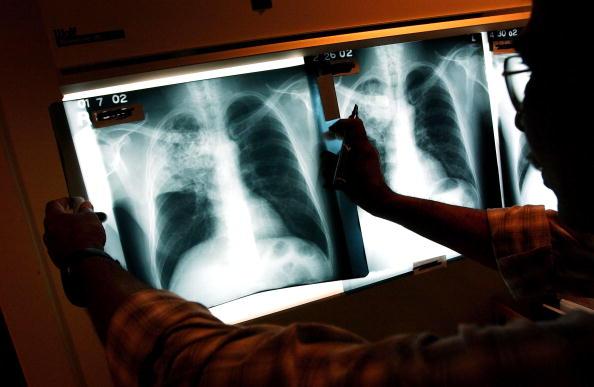The cover-up of a tuberculosis outbreak at a middle school in China has resulted in a full-blown health crisis. At the center of the cover-up are the high stakes involved when teachers, school authorities, and local officials bank on the students’ performances on the upcoming “gaokao” college entrance exam, equivalent to the SATs in America.
Tuberculosis (TB) is a serious, highly contagious disease that can be easily transmitted from person to person by breathing in the same air as the infected patient. Treating it requires early detection and immediate isolation.





